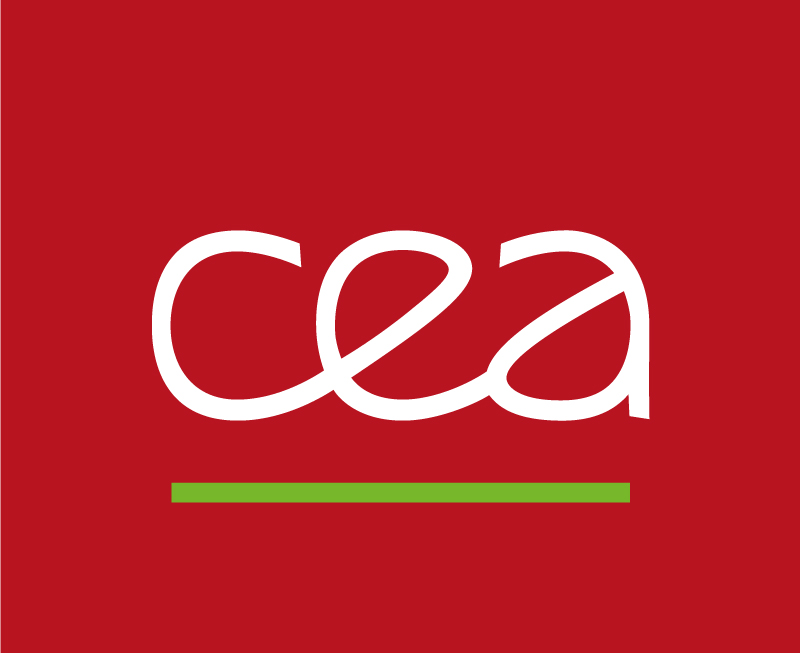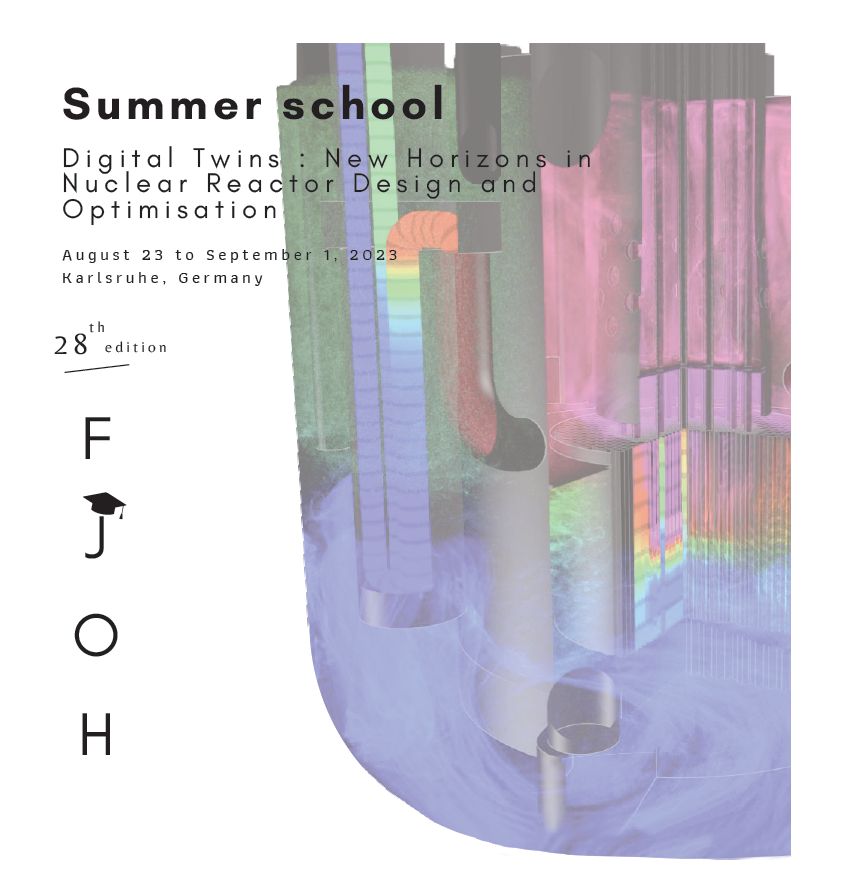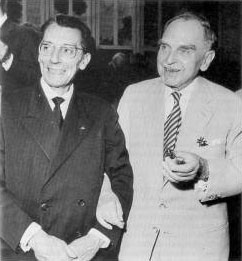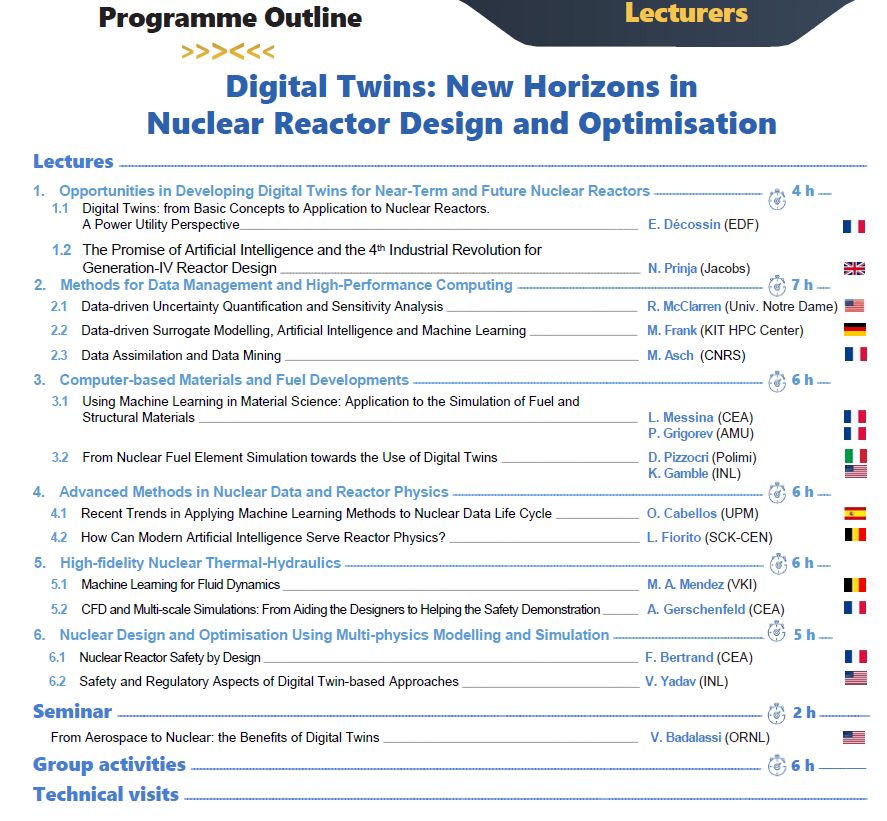The 2023 Frédéric Joliot / Otto Hahn Summer School on Nuclear Reactors "Physics, Fuels and Systems"
|
|
Frédéric Joliot and Otto Hahn 1935 and 1944 Nobel Prizes in Chemistry |
| Jointly organized by | |||
| The Karlsruhe Institute of Technology (KIT/INR), Germany |
& |
The Energy Division of the Commissariat à l’Energie Atomique et aux Energies Alternatives (CEA/DES), France | |
 |
 |
||
General description
FJOH summer school is an advanced post-graduate-level course aimed at junior as well as experienced scientists and engineers engaged in the broad field of nuclear sciences, engineering and technologies.
Lecturers are invited from internationally leading universities and industry. The School format encourages informal discussions and the exchange of knowledge between lecturers and participants.
The Frédéric Joliot / Otto Hahn Summer School course represents the continuation of the Frédéric Joliot Summer Schools on “Modern Reactor Physics and the Modelling of Complex Systems”, which was created by CEA in 1995 to promote knowledge in the field of reactor physics, in a broad sense, and the international exchange of teachers, scientists, engineers and researchers. Beginning in 2004, the scope of the School was extended to include scientific issues related to nuclear fuels. The venues of the FJOH School sessions alternate between Karlsruhe and Aix-en-Provence.
The program of each School session is defined by the International FJOH Scientific Board.
FJOH is jointly organized by the CEA Energy Division (France) and the Karlsruhe Institute of Technology (KIT, Germany).
Objective of FJOH-2023 edition
The main objective of the FJOH‐2023 edition is to help the school participants broaden their knowledge of the scientific and technical aspects underpinning nuclear digital twins. The lectures will lay emphasis on the required modelling and simulation (M&S) techniques, including the information and data flows between the physical system and its digital representation.
The FJOH‐2023 participants will learn about:
- The incentives for developing digital twins for nuclear applications;
- General data and information management methods and digital twin‐enabling technologies for uncertainty estimation and propagation, data‐informed surrogate modelling, machine learning and data assimilation, in connection with high‐performance computing resources;
- High‐fidelity M&S models integrated in digital twins, for the purpose of fuel developments, core physics simulations, system thermo‐hydraulics studies;
- The regulatory implications of digital twin‐based approaches for optimised nuclear design and licensing.
By the end of the course, the participants should be able to explain why and how digital twins are expected to take a growing importance in nuclear applications, also discuss some of the corresponding challenges and gaps.
FJOH‐2023 includes plenary lectures, group discussions, seminars, and technical visits. The invited speakers are internationally recognized experts from leading universities, research and development laboratories and industry.
The FJOH‐2023 participants will have the opportunity, as part of group activities, to practice their freshly‐acquired knowledge and to reflect upon open‐ended questions in group activities. Time for these group activities is set aside in the School schedule.
Download
| Content | File | Format | Size |
| First Announcement | Announcement | 2500 kB | |
| Leaflet | FJOH-2023_Leaflet | 346 kB | |
| Poster | FJOH-2023_Poster | 2097 kB | |
|
Presentations |
Presentations-2023 | zip |



